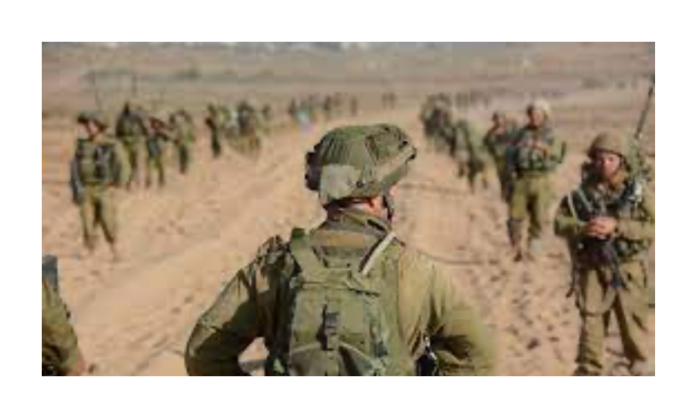Yaroslav Trafimov
WSJ, Oct. 22, 2023
“The military paradox here is that, the faster Israel is forced to operate, the more it would have to use to brute force, increasing the civilian toll and the damage to Gaza’s infrastructure.”
As Israel plans a ground operation in Gaza, aiming to eradicate Hamas, recent history elsewhere suggests that the goal can be achieved—but only at a tremendous cost, to Israeli troops and much more so, to Palestinian civilians caught in the middle.
Urban warfare, especially in dense terrain with multiple high-rises—and Gaza has scores of buildings over six floors—naturally favors the defenders. Close-quarters combat also usually reduces the advantages of the technologically more advanced side, something that would partially offset Israel’s formidable military edge.
And yet, over the past several years, major cities were taken and the forces defending them destroyed or captured. The most relevant example often raised in Israel is the U.S.-led campaign in 2016-17 to seize Iraq’s second-largest city of Mosul from Islamic State. Its population at the time was similar to the Gaza Strip’s 2.1 million inhabitants.
“If Israel does what it says it wants to do—toppling Hamas and destroying Hamas military capabilities—we are talking about a Mosul all over the Gaza Strip,” said Michael Horowitz, head of intelligence at the Le Beck risk-management consulting firm. “And it means really extensive civilian casualties and really extensive damage.”
The battle of Mosul, which lasted 277 days, was indeed a bloody, drawn-out campaign, its true toll never fully acknowledged. An Associated Press investigation, based on cemetery records and data compiled by nongovernment organizations, found that between 9,000 and 11,000 civilians had been killed in Mosul. Much of the Iraqi city’s historical center turned into rubble. Islamic State militants, in one of their final stands, blew up Mosul’s ancient Great Mosque of Al-Nuri where their “caliphate” was first proclaimed in 2014.
For the U.S. military, which enabled Iraqi forces in Mosul with on-the-ground support, Mosul was the first sustained urban campaign since the battle of Hue in Vietnam in 1968. In an assessment after the campaign, the U.S. Army’s Mosul Study Group noted that Islamic State used the coalition’s effort to adhere to the law of armed conflict as “a weapon against it,” by creating situations in which the U.S. would either have to slow down operations, giving Islamic State an advantage, or run a higher risk of killing civilians. …Source






